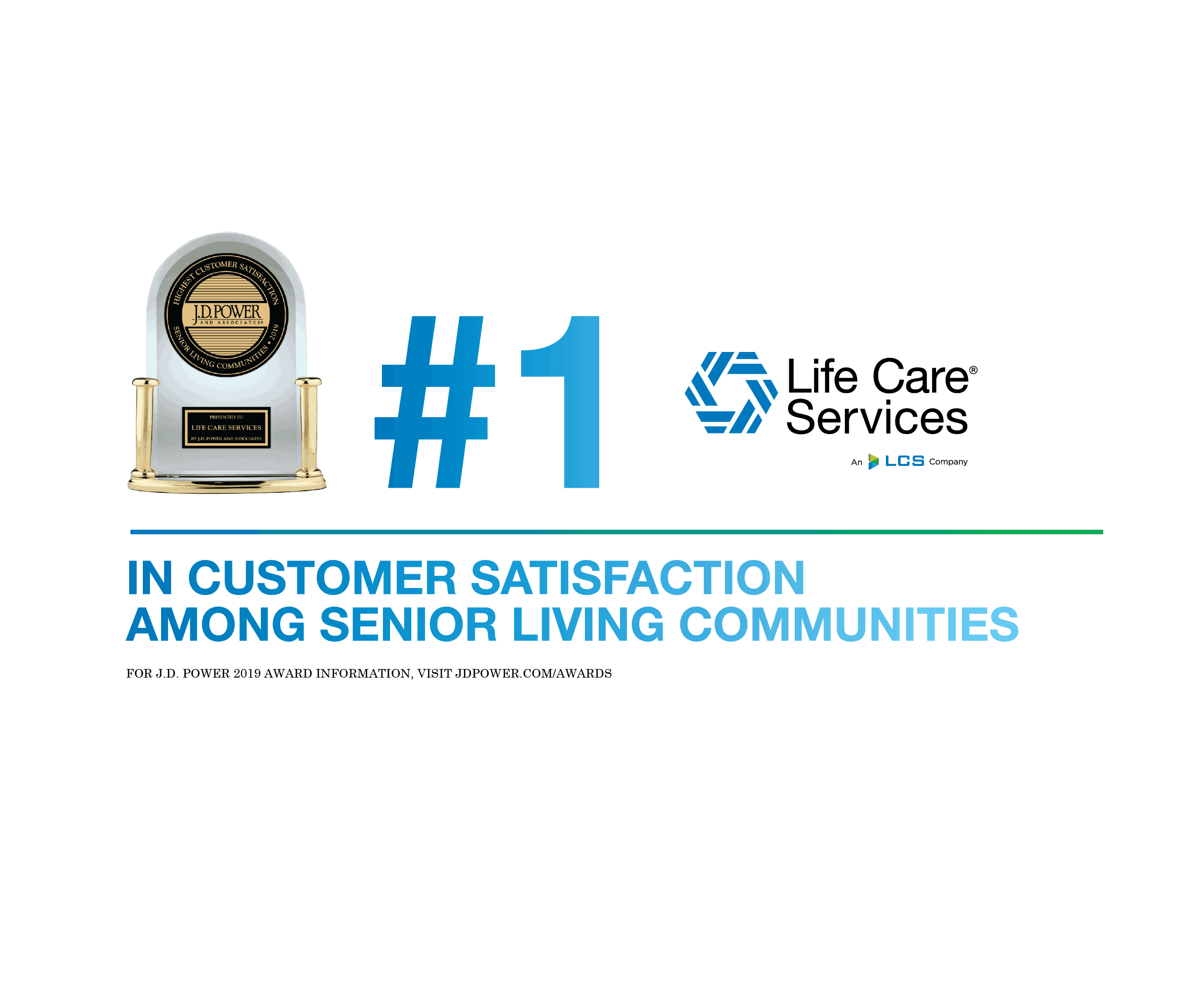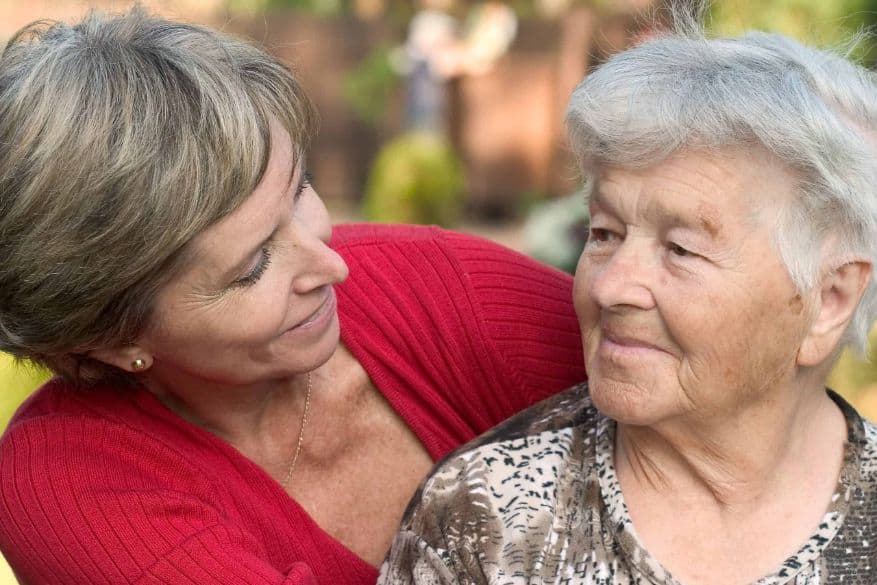The Do’s and Don’ts of Coping with Dementia Behaviors

As dementia progresses, you’ll likely notice several changes in your loved one and his/her dementia behaviors. Those with dementia often become confused, have mood swings, show poor judgment, wander, manipulate, or get easily agitated.
This wide range of behaviors is completely normal. However, as a caregiver, these can still be a challenge. While you can’t stop dementia behaviors from happening, you can learn to cope better. Consider these seven do’s and don’ts for managing difficult behaviors.
Don’t React Out of Emotion
You can’t always control behaviors. But you can control how you react. Take a deep breath before you speak. Or even step away from the situation for a moment if it’s safe to do so. Then, you’ll be prepared to use calming, reassuring words. Remember that your loved one is likely confused and may not be able to process complex explanations. Keep your words simple and supportive.
Do Look at It from Their Perspective
Try to look at the situation through your loved one’s eyes. Then, consider if there’s a “why” behind the behavior. The National Institute on Aging suggests looking for underlying causes. For example, could he or she be in pain, is there a lack of sleep, hunger, or a problem hearing or seeing? Instead of trying to change the behavior, think of how you can work with it and meet these deeper needs.
Don’t Forget About Triggers
Knowing what triggers dementia behaviors can help you be proactive. If you notice something that consistently makes behavior worse, avoid it or modify your approach. Common triggers include certain times of day—especially the evening—or specific activities—like bathing. Your loved one may also be more likely to become confused or upset when around certain people, places, or things.
Do Create the Right Environment
Another factor you can often control is the environment around your loved one. Specifically, focus on safety and creating a calm space. If your loved one tends to wander, use stair gates, plastic door covers, or a monitoring system to keep them safe.
The Family Caregiver Alliance emphasizes the need for routine and using visual signals to help your loved one feel secure and in control. Use signs and labels to make tasks clear. Reduce clutter and noise. Give simple choices.
Don’t Use the Same Approach Every Time
You may find different approaches work better for different behaviors. For example, if your loved one is becoming agitated, a distraction might help. Or, if your loved one has trouble settling at night, you may need to develop a specific evening routine.
Also, as your loved one’s condition changes, you may notice new behaviors. It’s often helpful to track these changes. Use a log to take note of triggers and what helps each time.
Do Focus on the Positives
Instead of confronting your loved one’s behavior, try to redirect. The Alzheimer’s Association says to find a positive outlet for energy. For example, take a walk, ask for help with a chore, turn on familiar music, create something, or go for a ride. Some caregivers keep a box or basket of soothing items on hand to use as a distraction.
Don’t Do It All Alone
Being a caregiver to someone with dementia is hard in many ways. And you shouldn’t expect to do it alone. Above all, take care of yourself so that you can care for your loved one. If you’re worried about dementia behaviors, talk with your loved one’s doctor. He or she can help with underlying medical conditions or medications.
At some point, you may feel you need additional support that can provide the full-time care your loved one needs. Research senior living communities that provide care specifically for those with dementia. Communities provide invaluable experience caring for these unique individuals. In many cases, they may be the safest and most supportive place for your loved one.
Need help with dementia behaviors? Learn more about memory care at Signature Pointe and how we support you and your loved one.
Signature Pointe offers comprehensive memory care services and is available to help. Call 214-726-7575 and learn more.




